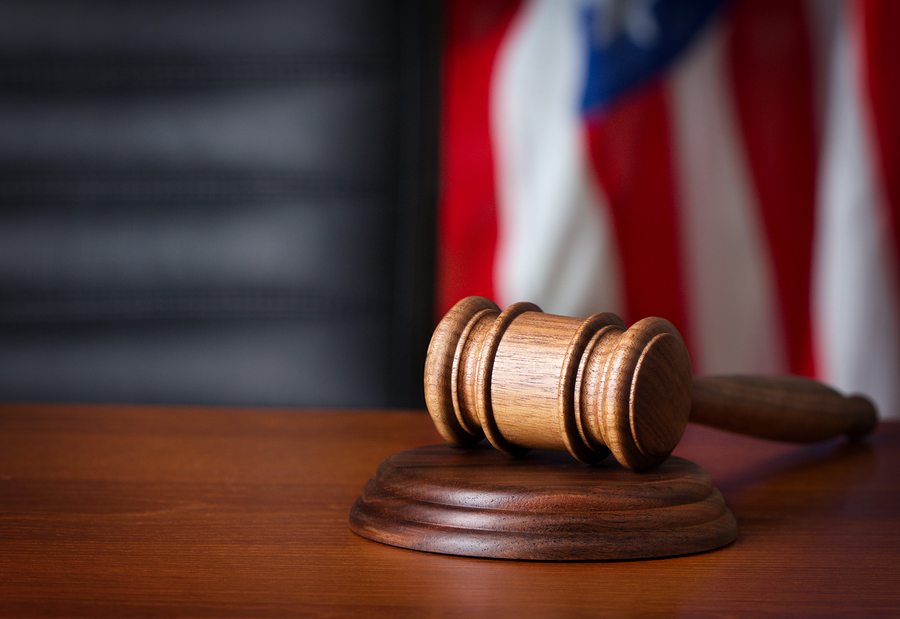Burglary and trespassing are both serious crimes that involve unlawfully entering another person’s property. In fact, they are even defined under the same part of Utah’s criminal code. As a result, there is sometimes confusion over what it means to be charged with either offense. In this article, Utah trespassing lawyer Darwin Overson explains the legal nuances that separate these similar but separate property crimes. If you or one of your family members has been charged with either offense, it is vitally important that you have a clear understanding of the acts you are being accused of committing.
When Would a Defendant Be Charged with Burglary Instead of Trespassing?

Burglary or criminal trespass can be charged when a person “enters or remains unlawfully on property.” Which offense the person gets charged with depends on five factors:
- Whether the property was a building. Trespassing covers all types of property, including parking lots, school playgrounds, farms, reservoirs, cemeteries, industrial parks, yards, homes, and commercial buildings. By comparison, burglary exclusively involves buildings, whether commercial or residential.
- Whether the person intends to commit a crime on the property. Burglary or trespassing may be charged when someone enters a property or building with intent to commit a crime. However, trespassing can also be charged for entering a property with intent to “cause annoyance or injury,” or if the person recklessly disregards the possibility that “his [or her] presence will cause fear for the safety of another.”
- What sort of crime the person intended to commit. Entering a property or building with intent to commit a misdemeanor is trespassing, with some exceptions. It is burglary to enter a building with the intent to commit any theft, any felony, or any of the following crimes:
- Assault (Simple Assault, Aggravated Assault)
- Lewdness
- Lewdness Involving a Child
- Sexual Battery
- Voyeurism
- Whether the person used a weapon. If the person used a “dangerous weapon” to commit the burglary – a term that includes guns, knives, and anything else with the ability to cause death or severe injuries – then he or she will be charged with aggravated burglary, which is even more serious than burglary under other circumstances. Aggravated burglary is a first degree felony, the most serious type of non-capital felony that exists in Utah.
- Whether anyone was injured, other than the person committing the crime. If a person other than the defendant was injured at any point during the crime, the defendant will be charged with aggravated burglary.
What Are the Differences Between Misdemeanor and Felony Penalties in Utah?

Trespassing and burglary charges both have the potential to result in hefty fines, incarceration, and other penalties for a defendant who is convicted or pleads guilty. However, burglary is the more serious of the two offenses. Burglary is a felony, the most serious category of criminal offense, whereas criminal trespass is a misdemeanor, a lesser offense which has lighter penalties.
Misdemeanors also have fewer incidental, long-term repercussions than felonies. For example, if you are convicted of a felony in Utah, you will become what’s called a “restricted person,” which means you can be criminally prosecuted if you use, buy, or possess a firearm. For former felons, gun ownership is a felony. Ultimately, a burglary or aggravated burglary conviction will cause you to lose your gun rights in Utah.
Additionally, a felony conviction affects your voting rights. There is also more of a stigma against former felons than former misdemeanor offenders. It can be very difficult for people with felony records to find a job, and, depending on the details of the situation and which branch the applicant is interested in, military enlistment may become impossible.
Differences between the court-ordered penalties for felony and misdemeanor offenses are vast. Trespassing is a Class B or Class A misdemeanor, which means the maximum sentence the defendant can receive is one year of jail time. That’s already a year more than anyone would want to face – and the maximum sentence for burglary, a third or second degree felony, can be up to 15 times longer. The Utah prison term for aggravated burglary, a felony of the first degree, may be life in prison.
Likewise, the fine for burglary or aggravated burglary is also much larger: up to $10,000, while the trespassing fine is limited to $2,500. Both sets of penalties are severe – but for a felony or aggravated felony, the financial hardship and loss of freedom are absolutely devastating.
Let a Lawyer in Utah Fight for You
If you, your child, or one of your family members was arrested for burglary in Utah, or was accused of trespassing on private property, don’t wait to start exploring possible defense strategies with an experienced Salt Lake City criminal defense lawyer. Call the law offices of Overson Law at (801) 758-2287 for a free legal consultation today.






